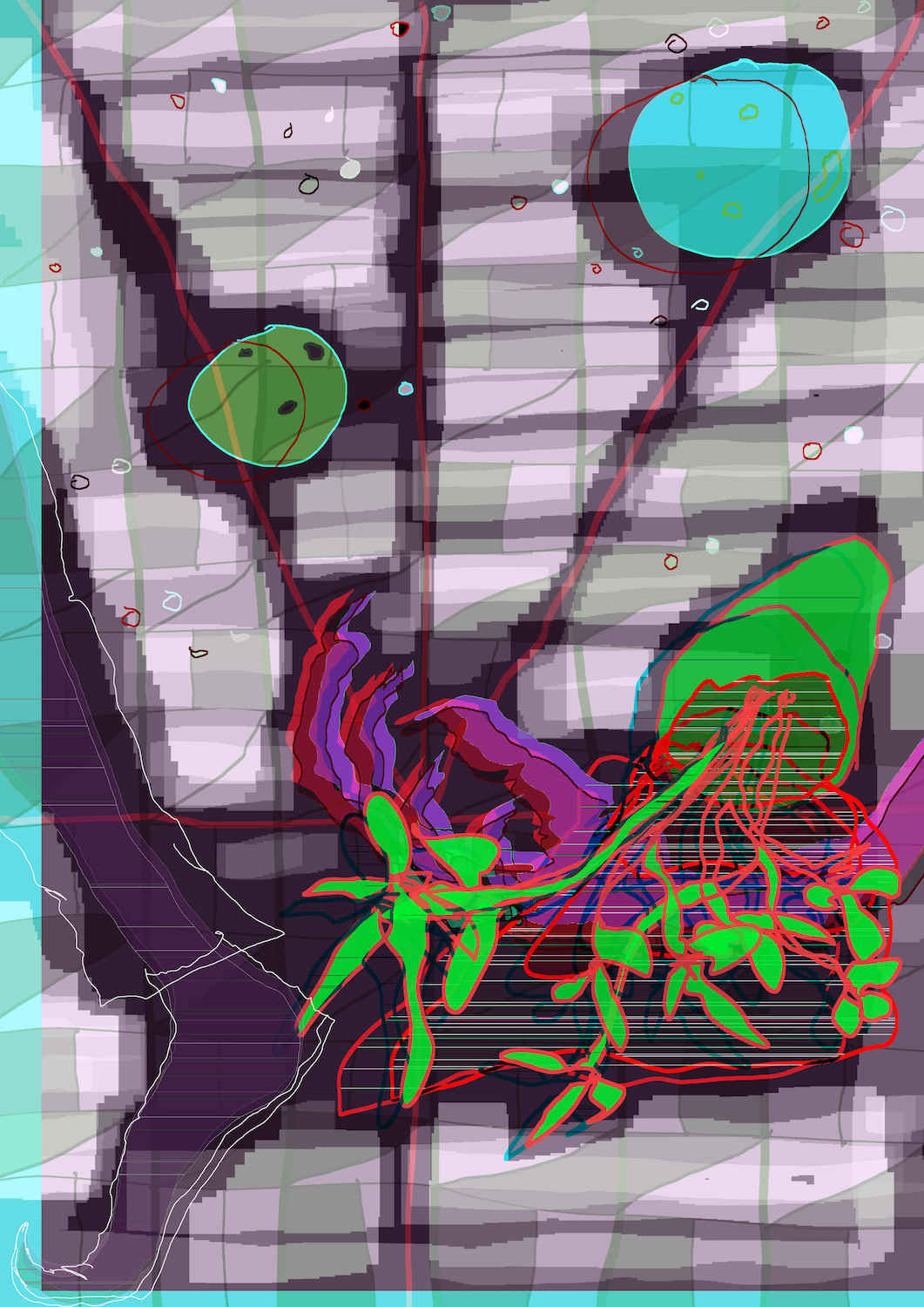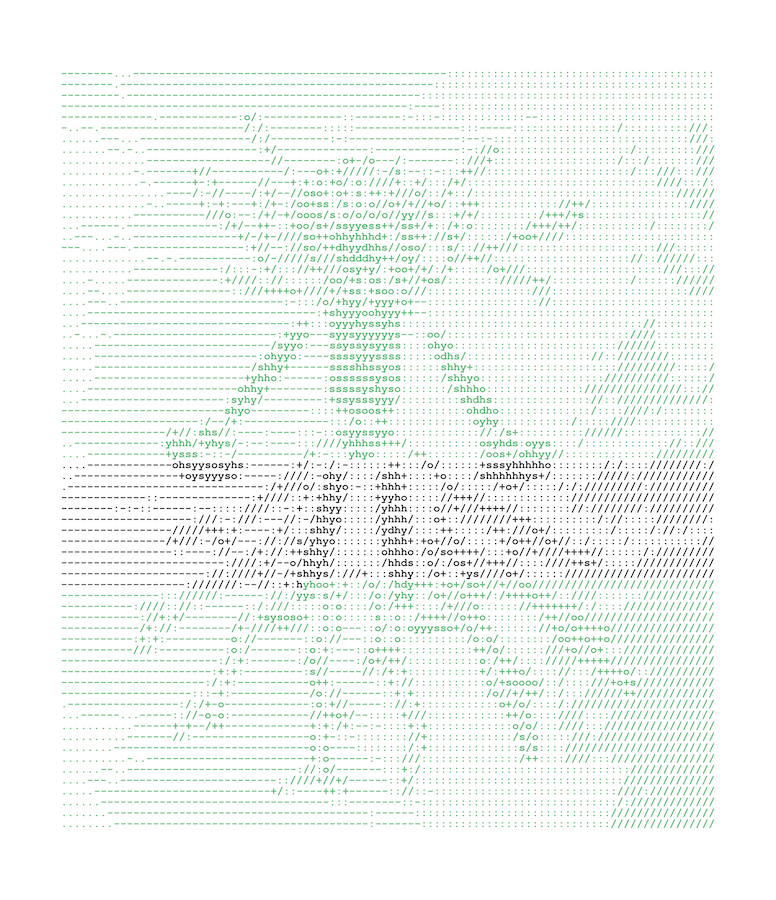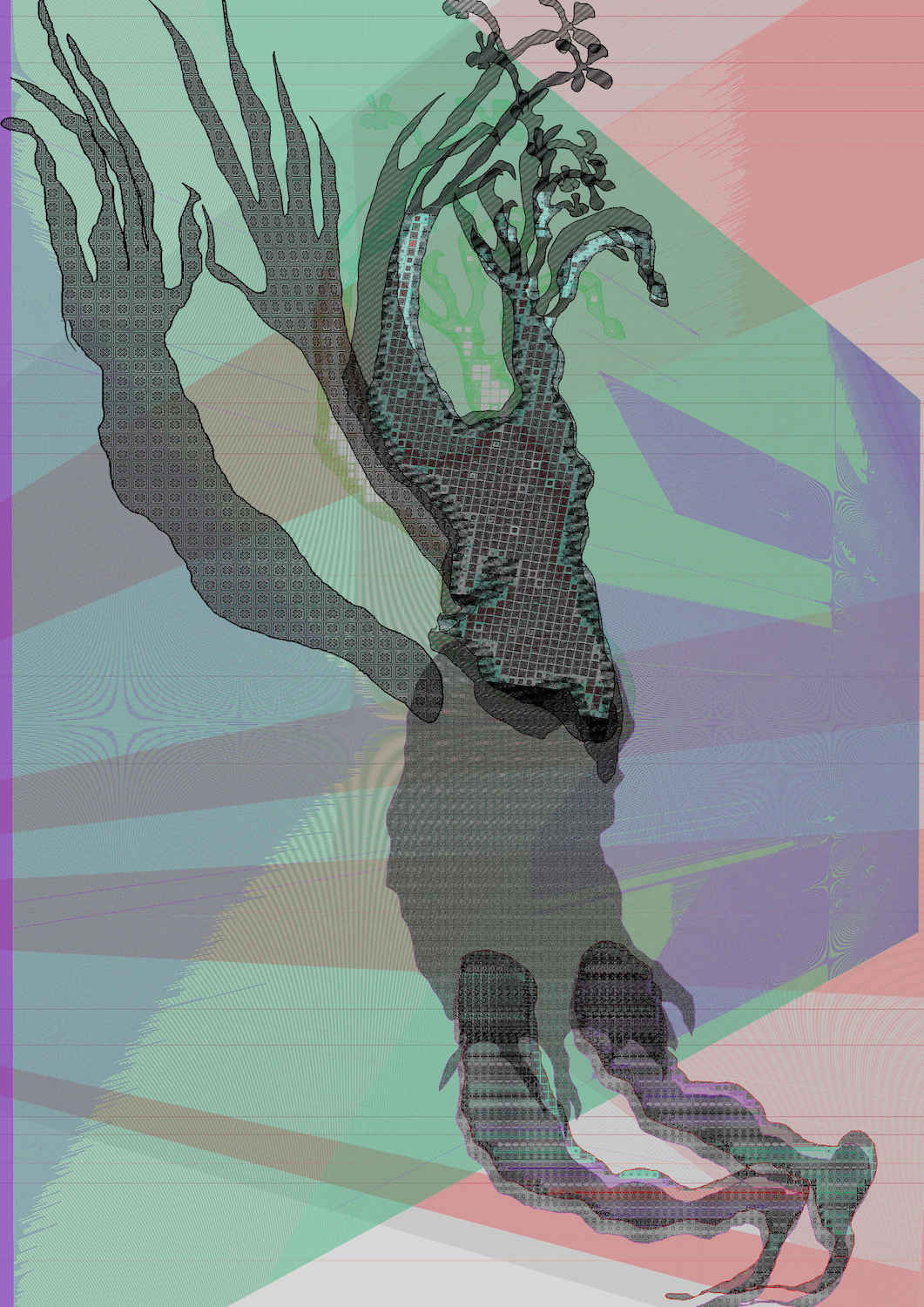Of Animacy Reading Group
x All Flesh is Grass
‘Of Animacy Reading Group’ gathers online over the summer months in conjunction with Kim?’s current exhibition ‘All Flesh is Grass’. Thinking through the themes of the exhibition, ‘Of Animacy’ presents a selection of texts enquiring into plant agency and sentience, interspecies communication and the complexities of framing nonhuman life through an anthropocentric lens. All texts have been selected in collaboration with ‘Of Animacy’ convener Nella Aarne and ‘All Flesh is Grass’ working group: Una Hamilton Helle, Eltons Kūns, Uma Breakdown, and Erik Martinson.
30.06.2020, 19:00 (EEST)
Session 1
‘On Monstrous Sentience’
Texts by: Dawn Keetley, Roald Dahl, Kier-La Janisse, and Teresa Castro.
21.07.2020, 19:00 (EEST)
Session 2
‘On Embodied Language’
Texts by: David Abram, Robin Wall Kimmerer, and Monica Gagliano.
11.08.2020, 19:00 (EEST)
Session 3
‘On More-than-Human Sociality’
Texts by: Anna Lowenhaupt Tsing, Elvia Wilk, and Astrida Neimanis.
The gatherings seek to create a comfortable and generous environment for relaxed discussion, with an aim to recognise vital alliances for our daily life and political thought. ‘Of Animacy’ is always open to all.
Reading the selected text in advance is recommended but not necessary – excerpts will be read together to support open discussion.
‘Of Animacy Reading Group’ has been convened by curator Nella Aarne since 2017. The gatherings focus on feminist writings on human and non-human agents in the material world, spanning philosophy and natural and human sciences.

witnesslight, Uma Breakdown, 2020
Session 1
‘On Monstrous Sentience’
The first gathering enquires into the perceived alienness and unnerving quality of our green, earthly companions in the western post-Enlightenment fantasy of human mastery over nature. Literature and film scholar Dawn Keetley’s ‘Six Theses on Plant Horror’ unpick the human anxiety over our inability to contain vegetal life and how this anxiety is captured in film by the figure of the monstrous plant threatening human existence. Author Roald Dahl’s short story, ‘The Sound Machine’, however, reveals the violence embedded to many human pursuits and finds horror in our failure to perceive the vibrancy and vulnerability of non-human life.
Key texts:
Dawn Keetley, ‘Six Theses on Plant Horror; or, Why Are Plants Horrifying?’, Plant Horror: Approaches to the Monstrous Vegetal in Fiction and Film (Palgrave Macmillan, 2016)
Roald Dahl, ‘The Sound Machine’ (Penguin Books, 1996, originally published in The New Yorker, 1949)
Further reading:
Kier-La Janisse, ‘Murder Season: The Strange World of Vegetal Detecting’, byNWR, Vol. 5, (2019)
Teresa Castro, ‘The Mediated Plant’, e-flux Journal, No. 102 (September 2019)

Vegetal Embodiment, Una Hamilton Helle and Eltons Kūns, 2020
Session 2
‘On Embodied Language’
The second discussion explores language as a property that extends beyond humans to all forms of life. Ecologist David Abram’s essay roots all language to the physicality of the body that produces and uses language, as well as to the material reality that surrounds this expressive body. Bryologist Robin Wall Kimmerer writes about vocabularies as something that can shift our perception and guide us to consider other non-human life with sensitivity and respect.
Key texts:
David Abram, ‘The Flesh of Language’, The Spell of the Sensuous: Perception and Language in a More-than-human World (Vintage Books, 1997)
Robin Wall Kimmerer, ‘Learning to See’, Gathering Moss: A Natural and Cultural History of Mosses (Oregon State University Press, 2003)
Further reading:
Monica Gagliano, ‘Breaking the Silence: Green Mudras and the Faculty of Language in Plants’, The Language of Plants: Science, Philosophy, Literature, eds. Monica Gagliano, John C. Ryan, and Patrícia Vieira (University of Minnesota Press, 2017)

allfleshwall, Uma Breakdown, 2020
Session 3
‘On More-than-Human Sociality’
The third and final gathering focuses on sociality as a fundamental quality of all living beings, human and non-human, and points to the complexity of determining other species’ consent to human actions. Anthropologist Anna Lowenhaupt Tsing’s essay introduces us to the social life of plants and mushrooms, and demonstrates how planned and unplanned human disturbances weave into the multi-species social world of the Japanese Satoyama forest. Writer Elvia Wilk’s article on negotiating consent in the imagined worlds of Live Action Role Playing (LARP) games alludes to how we can stretch our imagination and search for more caring ways of relating to others around us.
Key texts:
Anna Lowenhaupt Tsing, ‘More-than-Human Sociality: A Call for Critical Description’, Anthropology and Nature, ed. Kirsten Hastrup (Routledge, 2014)
Elvia Wilk, ‘Ask Before You Bite’, e-flux Journal, No. 103 (October 2019)
Further reading:
Astrida Neimanis, ‘No Representation without Colonisation? (Or, Nature Represents Itself)’, Somatechnics, Vol. 5, No. 2, Autumn 2015, pp. 135–153